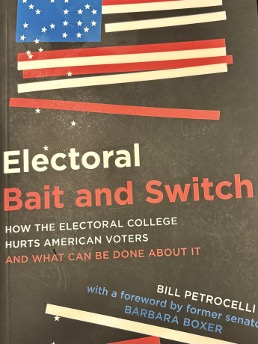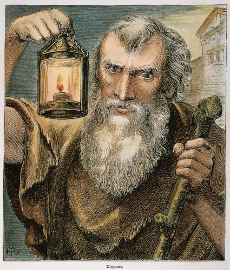
T. S. Eliot wrote that “April is the cruelest month.” For me it’s November. The days have suddenly gone from the warm bright colors of Indian Summer to the rainy grays of approaching winter. The transition comes quickly, and now I have to think twice about whether to wear a rain shell, a down parka or both. Adding to sunlight affective disorder (SAD) is the darkness and impending doom of this week’s presidential election.
M and I used to getaway by getting on an airplane and flying to some exotic destination. It wasn’t so much getting away as getting to, but times have changed. We have aged. Our world is smaller. And, today we focus on local pleasures—especially food and friends.
Here, in the Northwest, it’s hard to find the perfect getaway. Not impossible but difficult. From our apartment we look out at Puget Sound and just north of us are the San Juan Islands. In October, M’s son Matthew gave her the escape valve we needed—a gift certificate for dinner at a James Beard nominated restaurant on Orcas Island. The irony is that he thought we could jump on the ferry in Edmonds and walk-off on Orcas. Unfortunately the ferry to Orcas leaves from Anacortes, a two hour drive north of Edmonds.
It was a great gift, and last week we reserved two places on Friday evening at Matia Kitchen’s chef’s table. Then we booked a room in a charming, no TV, Bed and Breakfast called Kangaroo House. (Don’t ask. I have no idea how they came up with the name). Getaway weekend. No TV. No barrage of political news. A much needed break.

The tasting menu at Matia (pronounced May-sha) is ten courses with eight paired wines, and we were served at the kitchen counter by Julia, a professional sommelier-in-exile, who received her training at several of San Francisco’s fine dining restaurants before returning to the Northwest.
Ten courses and eight wines are a challenge for the chef, the server and the guests. Orcas is an island and seasonal. In the summer it’s full of tourists – sailors, cyclists, campers and summer residents. In the winter it’s cold, wet, dark and empty. Matia is a destination restaurant. It can’t survive on local business. I know what that’s like, having owned and operated Piccolo, also a seasonal restaurant. It’s always a struggle. Piccolo wasn’t fine dining but it was upscale and expensive to operate in the slower seasons. Like Noma it’s famous Danish counterpart, Matia’s survival depends on two things – a quality dining experience and a reputation that extends beyond its local geography – and it takes time to establish that reputation no matter how high the quality.
Matia opened in 2016, having established itself as a fine dining experience, first as a pop-up then in a storefront before taking over its current upscale contemporary location on Prune Street in Eastsound. The owners, Chef Avery Adams and Manager Drew Downing, were determined to offer the highest quality dining experience with locally sourced products whenever possible. It started attracting attention beyond the islands in 2021 when it was nominated as one of the James Beard Foundation’s Best New Restaurants. It garnered another nomination in 2022 and Adams was a finalist for Best Chef Northwest in 2023 and 2024. All well deserved.
As with other multi-course tasting menus, portions are small and demand your attention. Our first course was an oyster from Judd Cove, just down the road, served with a savory Matia hot sauce and seaweed garnish accompanied by an Alsatian sparking Crémant.

I won’t go course by course through the menu, but suffice it to say they varied from smoked celery root to Dungeness crab with sweet peppers to a braised local pork chop and finished with an eggplant chocolate, sesame ricotta accompanied by a sweet Pineau des Charentes.

Last month, I wrote about our dinner at Bouchon in the Napa Valley, and I have to say this experience at Matia was its equivalent. I remarked then that the perfect restaurant experience is like the operation of Swiss watch—so many synchronized moving parts and elements. The tasting menu at Matia changes nightly, so there is a lot of detailed planning required. The menu is professionally printed for each meal. The food is served on beautifully crafted, locally made pottery, and the wine served in a variety of glassware from sparkling-wine goblets to large balloon shapes to smaller dessert wine glasses. Our pairing even included an organic Saki (yes, it’s a rice wine) with the lobster mushroom course somewhere in the middle of the meal. Delicious.
Most satisfying about the experience was being transported from the helter-skelter world of presidential politics to an Epicurean world of simplicity, quality, friendship and community. Our meal was very expensive – far beyond the means of people living paycheck to paycheck – but the couple seated next to us were a local electrician and his social worker wife who were anxious to try their famous neighbor’s famous food and willing to splurge for the experience. We bonded and parted as friends. Food brings people together. It was a great escape and well worth the expense.
Epicurus believed that happiness was the ultimate goal of human life and could be achieved through moderation, simplicity, friendship, and community. We agree. It was a great getaway. Thanks, Matt.











































